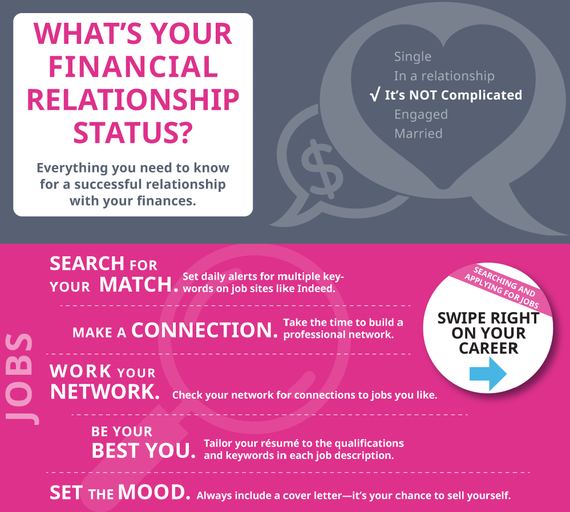Your résumé is a concise summary of your accomplishments, experiences, and skills. Your cover letter is your opportunity to explain to each hiring manager how those accomplishments, experiences, and skills can add value to their organization.
Simply put, a cover letter gives a compelling reason for the hiring manager to pursue an interview with you. A cover letter should always accompany your résumé.
The more you customize your cover letter to the specific needs of the organization, position, and industry, the more effective your cover letter will be. Creating a "general cover letter" to use for multiple positions will not be effective.
What to Include in Your Cover Letter
You should write your letter in a business format -- and it should fit on a single page. Most cover letters are comprised of four paragraphs. Here's what you should include in each section:
Salutation
Addressing your letter to a person is a great way to stand out, so see if you can find a name; if not, "Dear Hiring Manager" is a good salutation.
Paragraph One
Tell the employer the name of the position you're applying for and where you saw it posted. If you were referred by a current employee of the company, be sure to include that person's name and title.
Paragraph Two
Explain how your accomplishments, experiences, and skills are a match for the position. Refer to the required skills section from the job posting to stay focused on the most relevant information.
Paragraph Three
Demonstrate your motivation. Aside from the fact that you saw the job posting, what draws you to this position or company? Remember, let the employer know what they can gain from hiring you -- not what you want from them.
Paragraph Four
Let the employer know you are eager to interview, and include contact information. You can also include steps for follow-up -- just be sure to follow through.
Closing
You can't lose with the traditional "Sincerely."
What's your financial relationship status? It doesn't have to be complicated! Use this infographic for tips on managing your personal finance.
SALT® is a free and unbiased nonprofit-backed financial education program dedicated to giving students, alumni and families the money knowledge they need for college and beyond.

